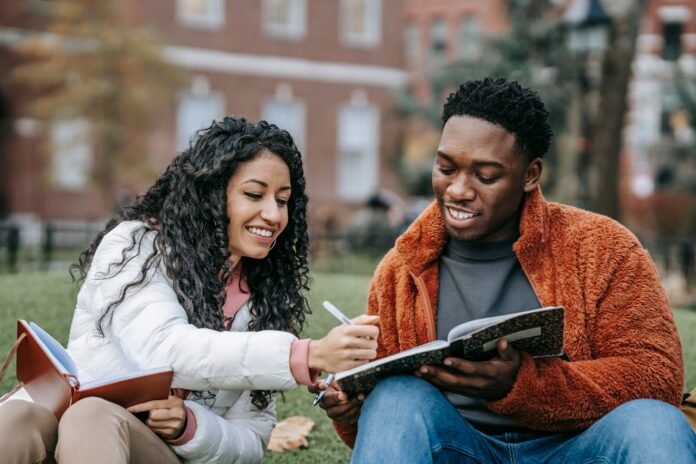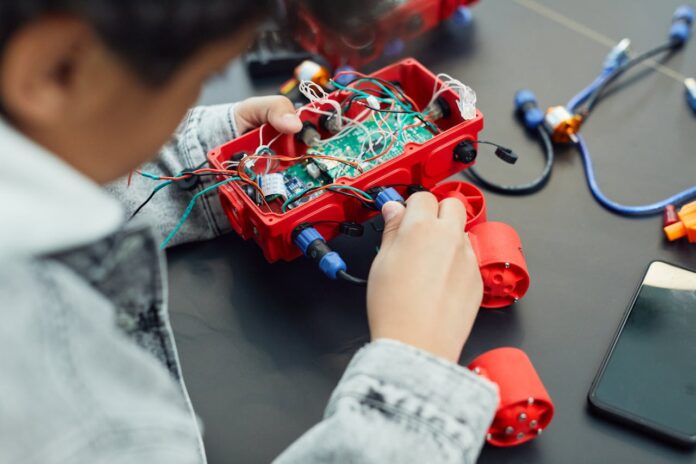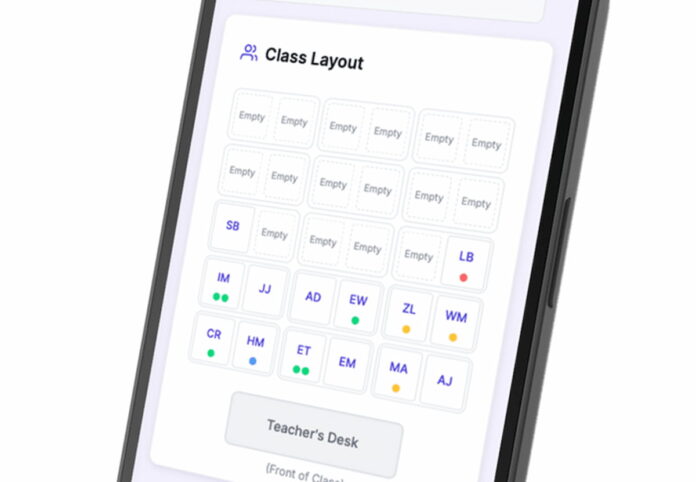Home Blog
Adapting to USA Higher Education: International Students Guide
Every year, over 1 million international students pack their bags and head to the United States, chasing dreams of new adventures.But let’s be real—adapting to U.S. higher education can feel like stepping into a whole new world, with unfamiliar systems that you might not see back home.In this blog, you’ll get a clear guide to navigating these challenges, so...
Beyond Google: Mastering Deep Research Through Hidden Academic Channels
In today's age of rich information, Google is often our go-to for research. However, as easy and accessible as Google's enormous database of websites, articles, and scholarly articles is to get started with, it is not the sole means of accessing rich academic content. For research-oriented students who want to move beyond Google, discovering hidden academic channels is crucial....
Building Valuable Academic Networks: Connecting for Success
Today, in this hectic study environment, succeeding is no longer just about hard work or passing exams. It’s also about being wise in networking—building school relationships that deliver long-term payoffs beyond the classroom. Whether you're a school, college, or university student, creating meaningful scholarly connections can open up new opportunities, assist in studies, offer valuable assignment help, and support...
All About Academic Consultants: What Do They Do?
Education is changing fast. Whether it's new curriculum standards, shifting student needs, or the ever-growing role of technology, schools today face a lot of pressure to keep up. That’s where academic consultants come in.These professionals work behind the scenes to help schools, educators, and even families make smart, informed decisions. If you’ve ever wondered what an academic consultant does—or...
A New Approach To Classroom Management (That Actually Works)
Most classroom management advice reads like it was written by someone who has never actually spent a day trapped in a room with twenty-five energetic children. You know the advice I'm talking about: the tidy checklists, the neat acronyms, the endless strategies that promise instant silence and perfect harmony—and somehow never deliver. Classroom management isn't a magic trick. It's...
Flight Cancellation Compensation: A Guide For Educators Attending Conventions
IntroductionFor educators, attending conventions is an essential part of professional growth, networking, and staying updated on the latest trends in education. Conferences such as TESOL, NCTE, and IATEFL provide invaluable opportunities for learning and engagement. However, travel disruptions, particularly flight cancellations, can pose significant challenges, leading to missed sessions, financial losses, and added stress. Understanding your rights regarding flight...
10 Creative Ways To Improve Electrical Safety In Your Classroom
You're focused on creating a secure learning environment, but have you considered all the electrical hazards lurking in your classroom? This post jumps right to the solutions you need, helping you protect students and equipment.By examining overlooked risks, you'll discover new ways to update old wiring, check power cords for damage, and reduce overloads. Simple changes lower unexpected malfunctions...
Enhancing Classroom Management With ClassMap.io
In the evolving landscape of education, technology plays a pivotal role in enhancing teaching methodologies and classroom management. One such innovative tool is ClassMap.io, an application designed to provide teachers with real-time metrics to optimize classroom management and student seating arrangements. By leveraging data-driven insights, https://classmap.io empowers educators to create engaging and efficient learning environments.Understanding ClassMap.ioClassMap.io is an educational...
Benefits Of Hiring Online Quran Hifz Teacher
We are living in a digital era. You don’t need to take any risk of sending your child to any Qari, as everything can be done digitally now. You can hire a Quran teacher for your child online without compromising his Islamic and spiritual learning experience. There are many benefits of hiring an online Quran Hifz teacher, including the...
Leveraging Mobile Applications To Improve Student Engagement In Higher Education
IntroductionMobile applications have transformed the landscape of higher education by providing students with flexible, interactive, and personalized learning opportunities. In today’s digital age, nearly every student carries a smartphone or tablet, which makes mobile learning an accessible and powerful tool for enhancing engagement. This article explores the impact of mobile applications on student engagement in higher education, examining research...










